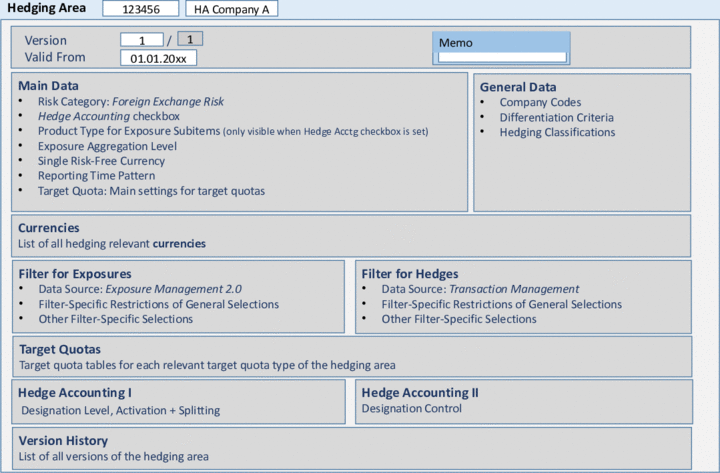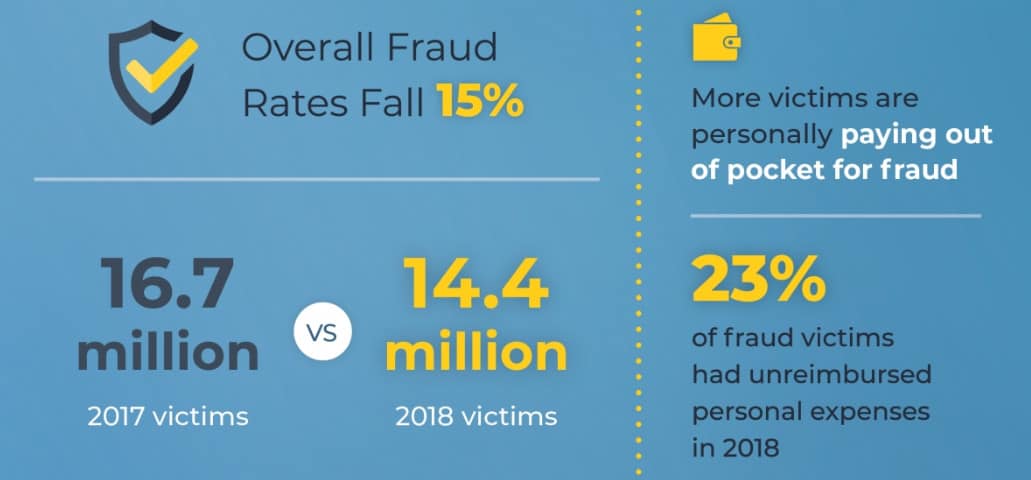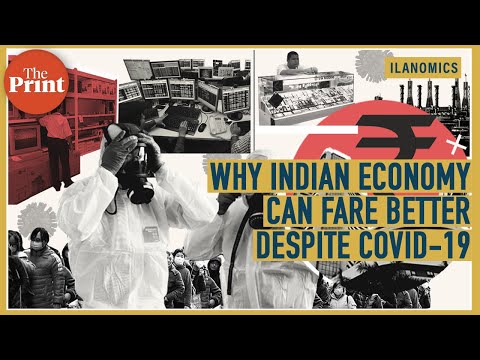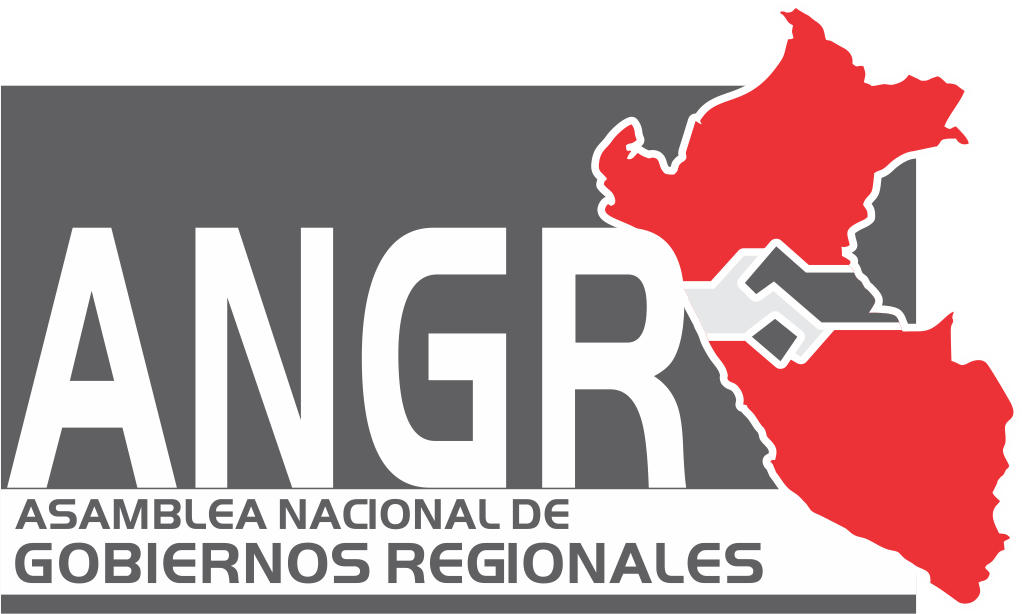
The monitoring outlays relate to payment for audit and control procedures to ensure that managerial behavior is tuned to actions that tend to be in the best interest of the shareholders. In order to keep your agency costs under control, you need to be familiar with exactly what they are and why they are important. You can control and manage your agency costs by keeping a close eye on them and adjusting your budget accordingly. For example, let’s say your business requires $100,000 in annual payroll expenses to operate.

For example, a manager may agree to stay with a company even if the company is acquired. This is the total compensation you will receive from your employees (and their employers). It consists not only of salary and benefits but also perks, incentives and bonuses.
Employee Taxes (Social Security, Medicare, Federal Income Tax)
As a result, shareholders lost significant money, when Enron share price consequently nosedived. However, the principal-agent relationship may also refer to other pairs of connected parties with similar power characteristics. For example, the relationship between politicians (the agents), and the voters (the principals) can result in agency costs.
Stockholders on the other hand have an interest in taking on more risk. A possible agency problem between managers and shareholders emerges if the management holds less than 100% of the company’s share. The principal-agent problem deals with a lack of symmetry between the desires of the principal and the agent. A principal-agent problem is usually between the shareholders of a company and the agents that run the company (CEO and other executives). When the executives do things that are in their own best interests and not to the benefit of shareholders, then there is an agency problem in the company. If you don’t manage agency costs, you could end up spending more than you need to on your overhead costs.

The requirement to make disclosure reduces monitoring costs, and directors are less able to abuse their position when they will be required to disclose their shortcomings. Shareholders who disagree with the direction management takes, may be less inclined to hold on to the company’s stock over the long term. Also, if a specific action triggers enough shareholders to sell their shares, a mass sell-off could happen, resulting in a decline in the stock price.
Bondholders
Access and download collection of free Templates to help power your productivity and performance.

Ultimately, this will negatively affect the price of the company’s stock. The two parties can usually find plenty to agree on, and there are actions shareholders can take to minimize agency costs. agency cost meaning While they may feel justified, a manager who acts in opposition to shareholders’ wishes creates agency costs. Large corporations provide the clearest examples of agency problems and costs.
Examples of Agency Expenses in a sentence
Another relationship that can result in agency costs is between elected politicians and voters, where politicians may take actions that are detrimental to the interests of voters. Shareholders pay agency costs in order to reduce agency issues and help maximize owners’ value. The most common and cost-effective strategy is to align management remuneration with share-price maximization. The goal is to reward managers for working in the owners’ best interests. Managers can buy a share at a predetermined market price; if the price of the share increases in the future, management remuneration will increase as well.
Jacksonville Jaguars free agency: 6 top edge rushers still unsigned – Big Cat Country
Jacksonville Jaguars free agency: 6 top edge rushers still unsigned.
Posted: Tue, 08 Aug 2023 19:00:00 GMT [source]
For example, they design fair and transparent compensation and incentive schemes, provide training and career development opportunities, and establish clear communication channels between employees and management. The ultimate goal is to create a more engaged and motivated workforce to reduce potential labour agency costs. The article “Large shareholders and corporate control”[26] was published in the Journal of Political Economy in 1985. The paper provides a theoretical framework that illustrates the role of large shareholders in corporate governance and control. For instance, large shareholders can be crucial in solving agency problems between managers and other shareholders.
Agency Expenses definition
Further difficulties may arise where the interests of one shareholder conflicts with that of another. In the legal dispute Dodge v Ford Motor Co, Henry Ford sought to take Ford Motors in a direction that was disagreeable to the one of the minority shareholders, Mr Dodge. As such, he brought a successful action in minority oppression in order to force the payment of dividends by the Ford Motor Co. Mr Dodge’s inability to receive a dividend without litigation is another example of agency cost. Some of the most notorious examples of agency risks come during financial scandals, such as the Enron debacle in 2001.
When a principal appoints an agent to represent them, they expect the agent to act on their best behalf. When these conflicts occur between an agent and principal, it is known as the agency problem. However, it is crucial to understand what the agency problem is first. Agency theory is related to the behavior of two interested parties of the firm, like owners and managers. An agency problem results when managers, as agents for owners, place personal goals ahead of corporate goals.
Understanding Agency Cost
When the top management books the most expensive place or requests extra hotel upgrades while travelling, agency costs are incurred. Such activities cost the company more to operate while offering shareholders no additional advantages or benefits. While the scenarios above reduce the agency problem, they could be seen as agency costs in and of themselves.
- For example, these may include expenditures that benefit the agent at the principal’s expense.
- Conflicts develop when those who have been given the responsibility (the agents) of protecting the interests of others (the principal) instead exploit the authority or power for their personal gain.
- Agency costs arise from the core dissatisfactions, disruptions, and inefficiencies in an agent-principal relationship.
- For example, agency costs are incurred when the senior management team, when traveling, unnecessarily books the most expensive hotel or orders unnecessary hotel upgrades.
If the politicians promise to take certain legislative actions while running for election and once elected, don’t fulfill those promises, the voters experience agency costs. In an extension of the principal-agent dynamic known as the «multiple principal problems» describes a scenario where a person acts on behalf of a group of other individuals. Knowing of these actions, the company’s shareholders may use preventative measures to stop them. For example, it may include monitoring costs related to those actions.
These conflicts can be caused by employees who may act to maximise their own interests rather than those of their employers, thus causing a loss of value for the employer. The agency cost could increase if the employees’ abilities do not match their job requirements, which reduces productivity and increases costs for their employers. As a result, many employers are implementing various human resource management strategies to reduce these agency costs.
Unico Mechanical Corporation U.S – Government Accountability Office
Unico Mechanical Corporation U.S.
Posted: Tue, 08 Aug 2023 16:00:44 GMT [source]
Let’s take a look at a few specific examples of agency costs to highlight their meaning. These costs arise when the agent’s actions are not aligned with the best interests of the firm. Here’s what you need to know about how agency costs affect corporations and some common examples you may find in the real world. Though effects of agency cost are present in any agency relationship, the term is most used in business contexts.

